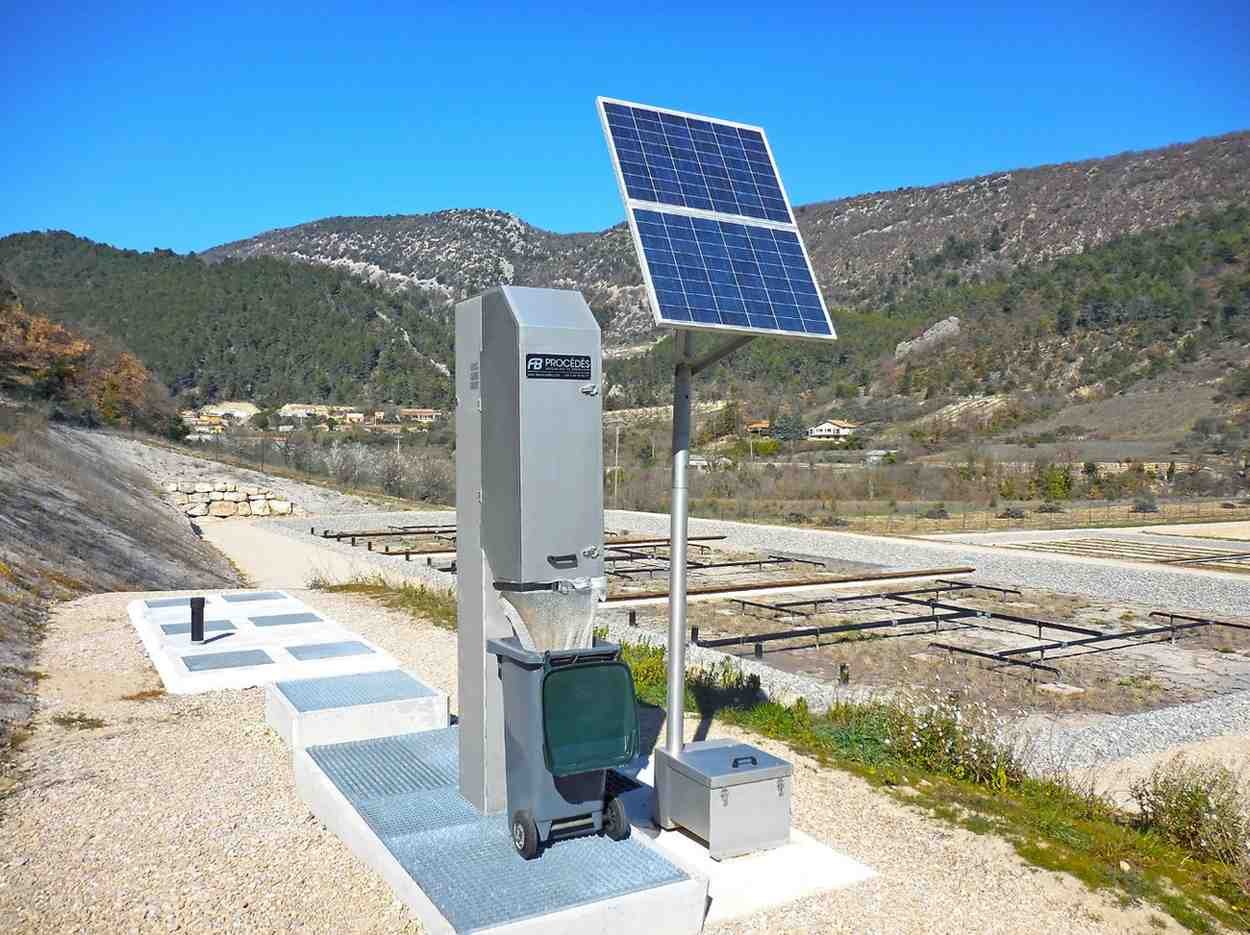Net Metering Explained: How You Can Earn From Solar Power

Have you ever wondered what happens when your solar panels generate more electricity than you use? That’s where net metering comes in — a program that allows solar homeowners to send excess power back to the grid and earn energy credits.
What Is Net Metering?
Net metering is a billing system that credits solar energy system owners for the electricity they add to the grid. When your solar panels produce more electricity than your home consumes during the day, the extra energy goes to the utility grid, and your meter “spins backward.” At night or on cloudy days, when you draw energy from the grid, your credits reduce or cancel your electricity bill.
How It Works
- Your solar panels generate power during the day.
- Excess energy flows back into the utility grid.
- You receive a credit on your bill for every kWh sent back.
- You use those credits when your system isn’t generating (like at night).
Net metering allows many solar households to pay little or even nothing on their electricity bill each month.
Example Scenario
Let’s say your solar panels generate 900 kWh in a month, but you only consume 800 kWh. You’ll get credit for the extra 100 kWh, which can be applied to next month’s bill. This rollover keeps your bills consistently low.
Is Net Metering Available Everywhere?
Most U.S. states offer net metering, but policies vary. Some utilities offer 1:1 credit (full retail rate), while others may offer a lower rate. It's important to check with your local utility provider before installing solar.
Benefits of Net Metering
- Lower Electricity Bills: Reduce or eliminate energy charges
- Faster ROI: Shorten your solar panel payback period
- Energy Storage Alternative: Avoid or delay battery costs
- Support for Renewable Energy: Help power the grid with clean energy
Conclusion
Net metering is one of the most valuable features of going solar. By sending excess energy back to the grid, you reduce your reliance on the utility company and save significantly over time. Be sure to check your state’s net metering rules and consult a local solar installer to maximize your savings.